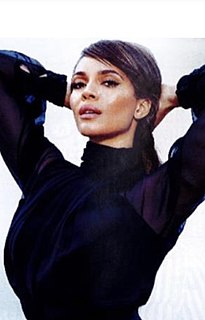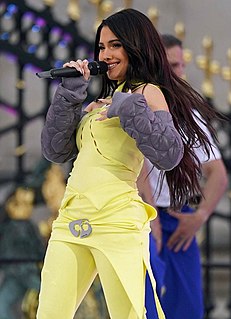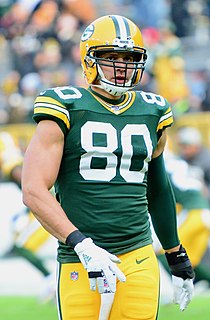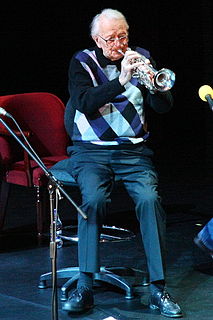A Quote by Sadiq Khan
When I was growing up, anyone who wasn't white was black. It meant all of us. Though when I was at university, we started to be called Asians.
Related Quotes
I was a freshman at Stanford University the first time someone called me a 'bama.' One of my new friends from D.C. said it, laughing, and even though I didn't know what it meant, exactly, I got that it was some kind of insult. I must have smirked or shrugged, which made him laugh harder, and then he called me 'country,' too.
There is not a history of black intellectuals being allied with dominant forces to hold white people in social and cultural subordination for a few centuries. Second, the "our" of black folk has always been far more inclusive that the "our" of white folk. For instance, there would have hardly been a need for "black" churches if "white" churches had meant their "our" for everybody - and not just white folk. But "our" black churches have always been open to all who would join. The same with white society at every level.
The black masses want not to be shrunk from as though they are plague-ridden. They want not to be walled up in slums, in the ghettos, like animals. They want to live in an open, free society where they can walk with their heads up, like men, and women! Few white people realize that many black people today dislike and avoid spending more time than they must about white people. This 'integration' image, as it is popularly interpreted, has millions of vain, self-exalted white people convinced that black people want to sleep in bed with them - and that's a lie!
The floor of ice cream parlor bothered me. It was black-and-white checkboard tile, bigger than supermarket checkboard. If I looked only at a white square, I would be all right, but it was hard to ignore the black squares that surrounded the white ones. The contrast got under my skin. The floor meant yes, no, this, that, up, down, day, night -all the indecisions and opposites that were bad enough in life without having them spelled out for you on the floor.

































